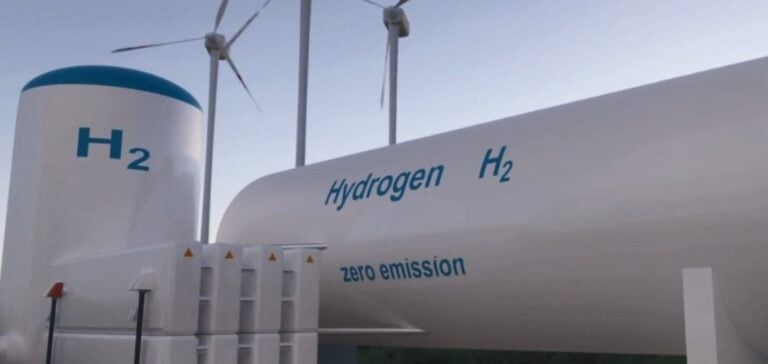The HY4Link project, led by Creos Luxembourg, Fluxys hydrogen and GRTgaz, is a cross-border initiative to create a hydrogen transport infrastructure. This project has been included in the European Hydrogen Network’s Ten-Year Development Plan, marking a crucial step towards its identification as a Project of Common Interest. The formal partnership between the three companies will strengthen their cooperation to assess consumption and transit needs in the Greater Region before launching feasibility studies.
Objectives and Impact of HY4Link
The HY4Link project aims to link Belgium, Luxembourg, the Grand Est region in France and the Federal State of Saarland in Germany, forming an essential part of the European hydrogen backbone. By linking industries in all three countries to hydrogen import hubs in Antwerp, Zeebrugge, Rotterdam and Dunkirk, HY4Link will facilitate the local production of renewable hydrogen and provide the infrastructure needed to transport it.
For the link between France and Luxembourg, GRTgaz and Creos Luxembourg will examine the possibility of developing a network connected to mosaHYc, running from Bouzonville to Frisange via Thionville. This connection will mark the start of a hydrogen infrastructure in southern Luxembourg. As for the connection between Belgium and Luxembourg, Creos Luxembourg and Fluxys hydrogen will work together to link Luxembourg to the Belgian backbone via Bras.
Regional Development and Outlook
The second phase of the project includes the construction of a hydrogen pipeline across Luxembourg to France and Germany, with a connection from Thionville to Cerville to integrate the H2Med corridor and a regional storage project. This integrated network is crucial to ensuring diversity and security of hydrogen supply in the region.
Pascal De Buck, Director and CEO of Fluxys, emphasized the importance of interconnected cross-border networks for securing hydrogen supplies. Sandrine Meunier, Managing Director of GRTgaz, added that HY4Link would contribute to the development of a regional hydrogen economy by offering a competitive supply of renewable hydrogen to local industries.
Laurence Zenner, CEO of Creos Luxembourg, said the project would play a central role in decarbonization efforts in Luxembourg and the Greater Region, by linking industrial demand poles with green hydrogen producers along the North Sea.
HY4Link is a pioneering project that embodies the partners’ vision of a decarbonized energy landscape, facilitating the reduction of carbon emissions in industry and transport. The project will also help create sustainable jobs, ensuring the long-term prosperity of the region. By linking industrial demand centers with green hydrogen producers, HY4Link is positioning itself as a key player in Europe’s energy transition.






















